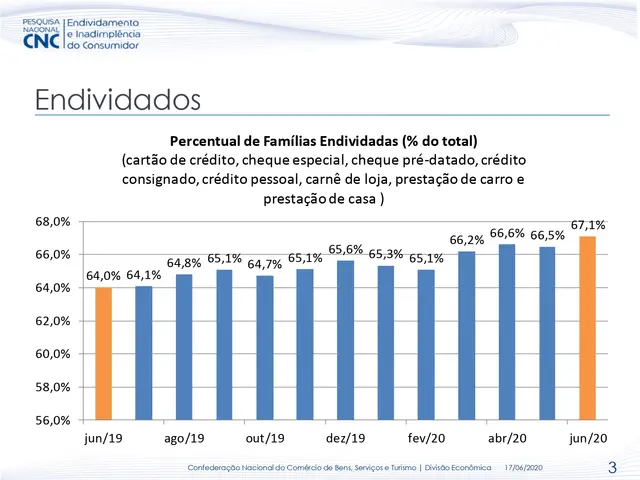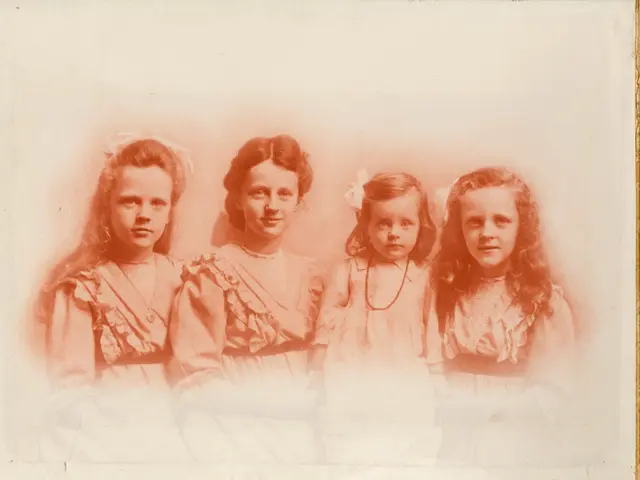Males Banding Together in Depression Support Groups: Unity, Recovery, and Empowerment for Struggling Men
Dealing with Depression as a Man: The Power of Men's Support Groups
Depression can be a painful and isolating experience, especially for men. However, understanding its unique manifestations in men and utilizing the support of male-focused groups can provide a pathway to healing.
Recognizing Depression in Men
Depression in men can present differently than in women. While typical symptoms include sadness and hopelessness, men might also exhibit increased irritability, anger, or aggression. They may engage in risky behaviors like substance abuse or reckless driving, although physical symptoms such as headaches, digestive issues, and chronic pain are also common.
The pressure to be strong and masculine can discourage many men from admitting their problems and seeking help. This can perpetuate feelings of isolation and worsen symptoms, sometimes even leading to more complex issues such as the correlation between male depression and affairs.
The significance of societal expectations and cultural norms
Growing up, many men are taught to be self-reliant and emotionally stoic. This conditioning can make it difficult for them to recognize and acknowledge their feelings, leading to a disconnection not only from their emotional selves but also from others.
Men's Support Groups: A Beacon of Hope
Men's support groups for depression are gatherings where individuals share their experiences, learn from each other, and find strength in their collective journey towards healing. These groups, led by mental health professionals or peer-leaders, offer a safe, understanding environment for men trying to overcome depression.
Though individual therapy is important, support groups provide a unique and complementary approach. They offer a sense of belonging and community, which can be exceptional for men who may feel isolated in their struggles.
Advantages of Joining a Men's Support Group for Depression
The benefits of joining a men's support group are numerous. By connecting with others who have similar experiences, men can confront their isolation and realize they are not alone. This shared experience fosters a sense of camaraderie that can be empowering and motivational.
Support groups also offer the opportunity to learn coping strategies from peers who have effectively managed depression. Some have developed practical techniques for managing symptoms, and these insights can prove invaluable for others in the group.
Engaging with a support group can help men develop emotional intelligence, improve their communication skills, and navigate vulnerability. These improvements can have a positive impact on personal and professional relationships.
Reducing Stigma, Encouraging Help-Seeking
Perhaps most importantly, men's support groups have a role in reducing stigma and normalizing mental health discussions. As more men open up about their struggles with depression, it becomes easier for others to seek help and support. This collective effort can contribute to a broader cultural shift in attitudes towards men's mental health.
Finding and Joining a Men's Support Group for Depression
Support groups come in various formats, including in-person meetings, online forums, or hybrid options that blend both formats. The choice depends on an individual's preferences and circumstances. Local mental health organizations, community centers, healthcare providers, and online resources can help you locate a support group suited to your needs.
Attending your first support group meeting may feel nerve-wracking, but remember that everyone in the group has likely experienced similar anxieties. Most groups begin with introductions, and ground rules may be in place to ensure a safe and respectful environment. It's okay to just listen if you're not yet ready to share.
Balancing Support Groups with Other Treatments
Support groups should ideally be combined with other treatment approaches, such as individual therapy or medication, to address depression effectively. Lifestyle changes like regular exercise, a balanced diet, and adequate sleep can also help manage symptoms along with support group participation.
The Healing Power of Shared Experiences
Navigating depression can prove challenging, but it doesn't have to be faced alone. Men's support groups offer a unique opportunity to connect with others who truly understand the struggles you face. By joining a group, you can learn to embrace vulnerability as a strength rather than a weakness, develop a network of support that extends beyond group meetings, and cultivate lasting friendships and connections.
In conclusion, men's support groups for depression offer a vital resource for individuals seeking to overcome mental health challenges. Together, these groups can help break isolation, foster connections, and provide a platform for shared learning and growth. By recognizing the importance of addressing depression and utilizing the support of men's support groups, you can take an empowering step towards healing.
- The unique manifestations of depression in men can lead to increased irritability, anger, or aggression, as well as risky behaviors and physical symptoms.
- Men's mental health support groups provide a safe, understanding environment for individuals to share stories, learn, and find strength in their collective journey towards healing, led by mental health professionals or peer-leaders.
- Engaging with a men's support group can help men develop emotional intelligence, improve their communication skills, and navigate vulnerability, ultimately impacting personal and professional relationships positively.
- By joining a men's support group, individuals can learn coping strategies from peers who have effectively managed depression, and there's an opportunity to reduce stigma and normalize mental health discussions to encourage help-seeking.








